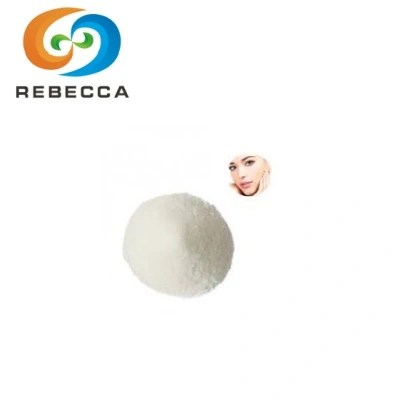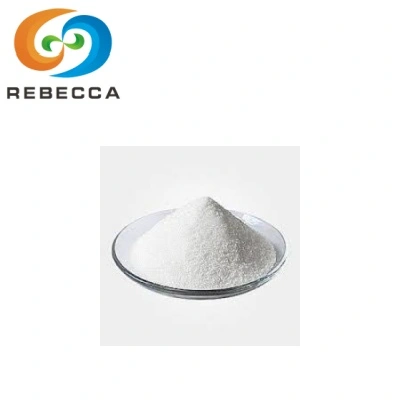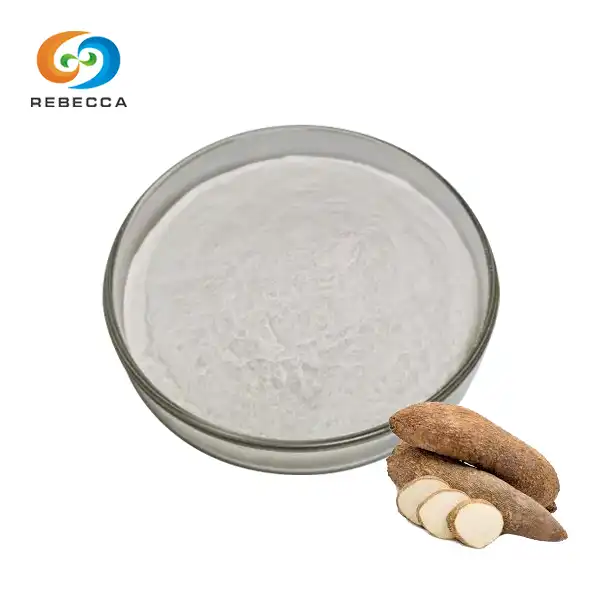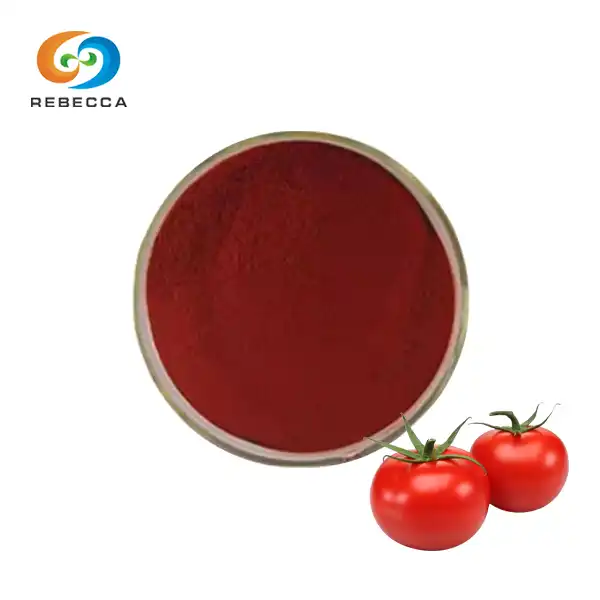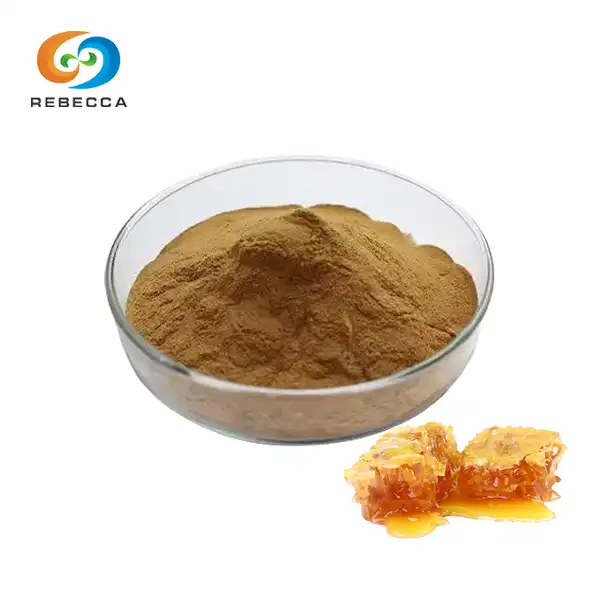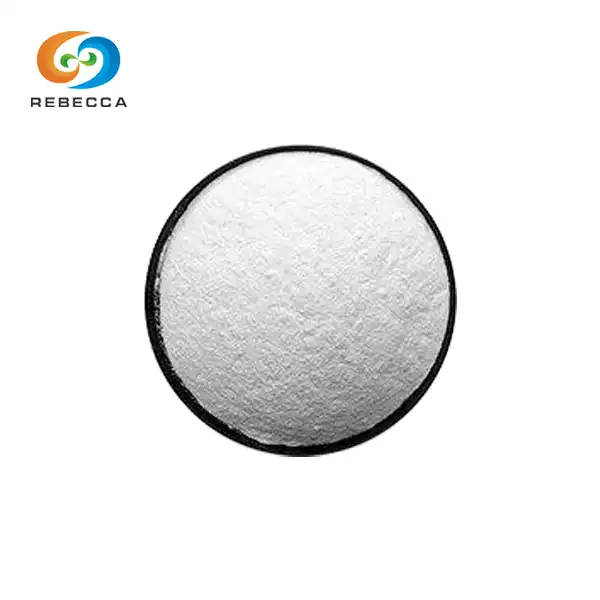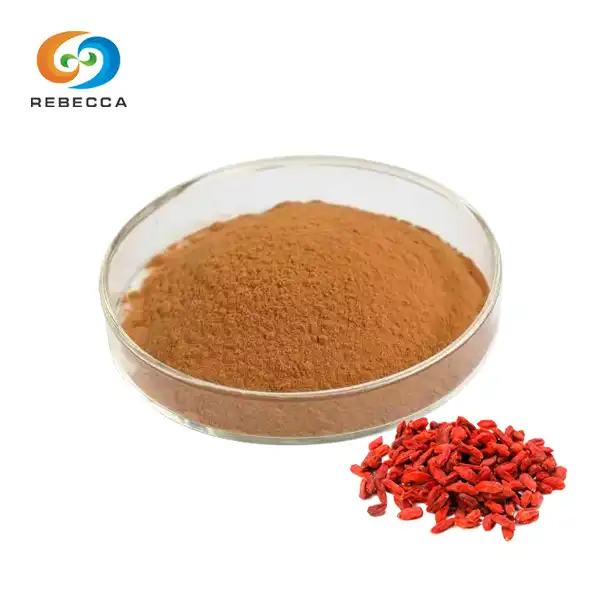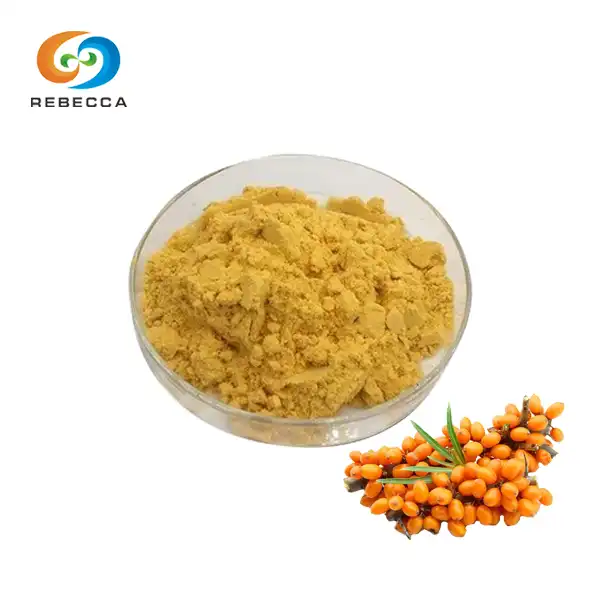Micronized Creatine vs Monohydrate: Differences in Effect
When it comes to choosing between micronized creatine and creatine monohydrate, athletes and fitness enthusiasts often find themselves at a crossroads. Both forms of creatine offer unique benefits, but their effects on muscle recovery, strength gains, and water retention can vary significantly.
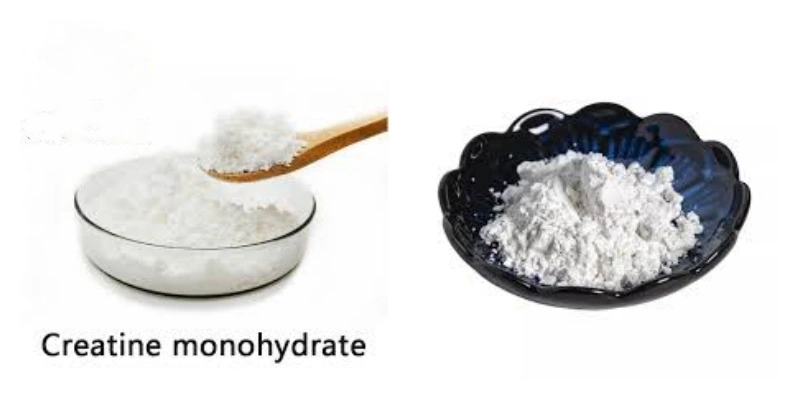
Product Name: Creatine Monohydrate
Creatine Monohydrate PowderSpecification: 99.5%-102.0%, HPLC
CAS: 6020-87-7
Creatine monohydrate Professional Manufacturer and Supplier
Free Sample Available, MSDS Available
Muscle Recovery: Speed and Efficiency
Micronized Creatine: Faster Absorption for Quick Recovery
Micronized creatine has gained popularity among athletes for its potential to accelerate muscle recovery. The process of micronization reduces the particle size of creatine, theoretically enhancing its absorption rate in the body. This increased bioavailability may lead to quicker uptake by muscle cells, potentially speeding up the recovery process after intense workouts.
Research suggests that the smaller particle size of micronized creatine allows it to disperse more easily in liquids, reducing the likelihood of clumping. This improved solubility might translate to faster digestion and absorption in the gastrointestinal tract. As a result, athletes using micronized creatine may experience a more rapid replenishment of their muscle creatine stores, potentially leading to faster recovery times between training sessions.

Monohydrate: Sustained Release for Prolonged Benefits
While micronized creatine offers potential benefits in terms of rapid absorption, creatine monohydrate has stood the test of time as a reliable supplement for muscle recovery. The monohydrate form provides a steady release of creatine into the bloodstream, ensuring a consistent supply to muscle tissues over an extended period.
This sustained release characteristic of creatine monohydrate may be particularly beneficial for maintaining elevated creatine levels in muscles throughout the day. By providing a steady stream of creatine, monohydrate supports ongoing muscle repair and recovery, even during periods of rest or low activity.
Optimal Dosing Strategies for Enhanced Muscle Repair
To maximize the benefits of either form of creatine for muscle recovery, proper dosing strategies are crucial. For micronized creatine, a loading phase of 20 grams per day for 5-7 days, followed by a maintenance dose of 3-5 grams daily, is often recommended. This approach aims to rapidly saturate muscle creatine stores and maintain them over time.
Creatine monohydrate dosing typically follows a similar pattern, with some studies suggesting that a loading phase may not be necessary for long-term benefits. Consistent daily intake of 3-5 grams has shown to be effective in maintaining muscle creatine levels and supporting recovery.
Regardless of the form chosen, timing creatine intake around workouts can enhance its effectiveness. Some athletes prefer taking creatine pre-workout for an energy boost, while others opt for post-workout supplementation to support recovery processes.

Strength Gains: Short-term vs. Long-term
Micronized Creatine: Rapid Power Boost for Athletes
Micronized creatine has garnered attention for its potential to provide a rapid power boost to athletes. The finer particle size of micronized creatine may allow for quicker absorption into the bloodstream and, subsequently, into muscle cells. This rapid uptake could translate to more immediate strength gains, particularly beneficial for athletes engaged in high-intensity, short-duration activities.
Studies have shown that creatine supplementation can enhance power output in activities lasting up to 30 seconds. The micronized form might offer a slight edge in terms of how quickly these benefits manifest. Athletes involved in sports requiring explosive movements, such as sprinting or powerlifting, may find micronized creatine particularly advantageous for short-term performance boosts.
Monohydrate: Building Lasting Strength Over Time
While micronized creatine may offer quicker initial results, creatine monohydrate has a well-established track record for promoting long-term strength gains. The monohydrate form has been extensively studied and consistently shown to increase muscle mass and strength when combined with resistance training programs.
Creatine monohydrate works by increasing the body's stores of phosphocreatine, a crucial molecule for producing ATP during high-intensity exercise. This increased energy availability allows for more work to be performed during training sessions, leading to greater muscle adaptations over time. The steady, sustained release of creatine from the monohydrate form supports consistent strength gains across weeks and months of regular supplementation.
Combining Forms: Maximizing Both Immediate and Future Gains
Some athletes and fitness enthusiasts opt to combine both forms of creatine to potentially reap the benefits of rapid absorption and long-term efficacy. This approach might involve using micronized creatine immediately before or after workouts for a quick energy boost, while relying on creatine monohydrate for daily maintenance dosing.
It's important to note that while combining forms may seem beneficial, there's limited research specifically comparing the effects of such a strategy to using either form alone. Athletes considering this approach should carefully monitor their total creatine intake to avoid exceeding recommended daily doses.
Regardless of the form chosen, consistency in supplementation and adherence to a well-designed training program remain key factors in achieving significant strength gains. Both micronized creatine and creatine monohydrate have demonstrated efficacy in enhancing strength when used as part of a comprehensive fitness regimen.
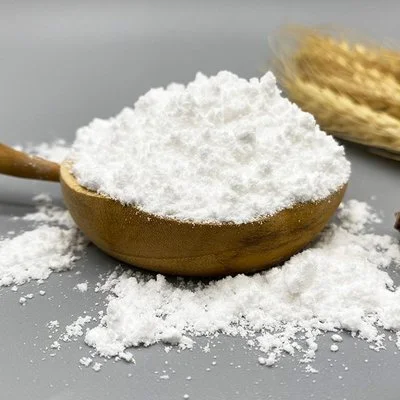
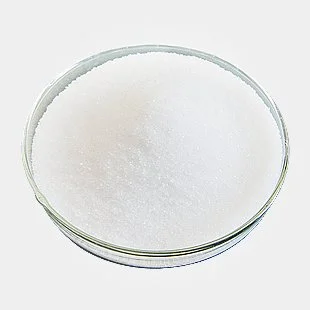
Water Retention: Myth or Reality?
Micronized Creatine: Reduced Bloating and Water Weight
One of the touted benefits of micronized creatine is its potential for reduced bloating and water retention compared to traditional creatine monohydrate. The smaller particle size of micronized creatine is thought to improve its solubility and absorption, potentially minimizing gastrointestinal discomfort and excessive water retention in the digestive tract.
Some users report experiencing less bloating when using micronized creatine, which may be particularly beneficial for athletes in weight-class sports or those concerned about temporary changes in body composition. However, it's important to note that individual responses can vary, and scientific evidence directly comparing water retention between micronized and monohydrate forms is limited.
Monohydrate: Understanding Intramuscular Hydration
Creatine monohydrate has long been associated with water retention, but it's crucial to understand the nature of this effect. The water retention caused by creatine monohydrate primarily occurs within muscle cells, a process known as intramuscular hydration. This increased water content in muscles can contribute to a fuller, more volumized appearance and may even enhance muscle performance.
Research has shown that the water retention associated with creatine monohydrate supplementation is largely intracellular, meaning it occurs within muscle fibers rather than as subcutaneous water retention. This intramuscular hydration can be beneficial for muscle function and recovery, potentially contributing to improved exercise performance and muscle growth over time.

Balancing Hydration and Performance: Expert Insights
Experts in sports nutrition emphasize that the water retention associated with creatine supplementation, whether micronized or monohydrate, is generally not detrimental to performance. In fact, proper hydration is crucial for optimal athletic performance and recovery. The additional water stored in muscles due to creatine use may even provide a performance advantage in certain activities.
To manage water retention effectively, athletes are advised to maintain consistent creatine supplementation rather than cycling on and off. This approach helps the body reach and maintain a steady state, minimizing fluctuations in water weight. Additionally, ensuring adequate overall hydration and electrolyte balance can help mitigate any potential negative effects of water retention.
It's worth noting that any initial weight gain observed when starting creatine supplementation is typically due to increased muscle water content and not fat gain. This weight tends to stabilize over time as the body adjusts to the supplement. Athletes concerned about water retention should monitor their body composition and performance metrics rather than relying solely on scale weight.
Both micronized creatine and creatine monohydrate offer significant benefits for muscle recovery, strength gains, and athletic performance. While micronized creatine may provide advantages in terms of solubility and potentially faster absorption, creatine monohydrate remains a highly effective and well-researched option. The choice between the two often comes down to personal preference and individual response. Regardless of the form chosen, consistent supplementation, proper dosing, and a well-structured training program are key to maximizing the benefits of creatine supplementation.
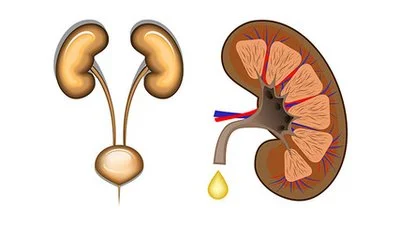
Wholesale Bulk Creatine Monohydrate Powder
Shaanxi Rebeccia stands at the forefront of production, leveraging state-of-the-art extraction, separation, and purification equipment. Our facility adheres strictly to GMP and ISO standards, ensuring unparalleled quality and consistency in every batch. From sourcing raw materials to delivering the final product, our rigorous quality control measures guarantee the safety and efficacy of our product. For those seeking premium-grade creatine monohydrate with purity and potency, contact us at information@sxrebecca.com. Rebecca is a professional supplier in China. We offer free samples and MSDS upon request.
- Kreider, R.B., et al. (2017). International Society of Sports Nutrition position stand: safety and efficacy of creatine supplementation in exercise, sport, and medicine. Journal of the International Society of Sports Nutrition, 14, 18.
- Jagim, A.R., et al. (2018). Common questions and misconceptions about creatine supplementation: what does the scientific evidence really show? Journal of the International Society of Sports Nutrition, 15, 1-11.
- Antonio, J., & Ciccone, V. (2013). The effects of pre versus post workout supplementation of creatine monohydrate on body composition and strength. Journal of the International Society of Sports Nutrition, 10, 36.
- Jäger, R., et al. (2011). Analysis of the efficacy, safety, and regulatory status of novel forms of creatine. Amino Acids, 40(5), 1369-1383.
- Buford, T.W., et al. (2007). International Society of Sports Nutrition position stand: creatine supplementation and exercise. Journal of the International Society of Sports Nutrition, 4, 6.
